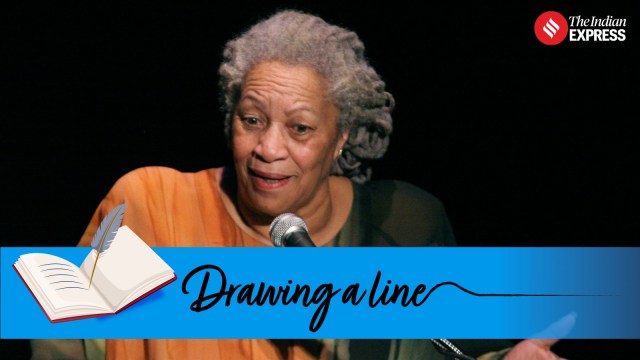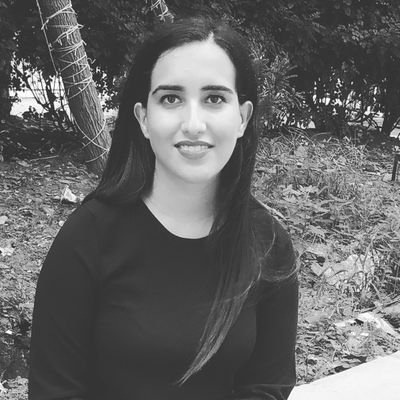
“They shoot the White girl first.”
– Paradise (1997), Toni Morrison
Imbrued with violence, the first line of Toni Morrison’s Paradise pierces like a gunshot. With just six words, the Nobel laureate grabs us by the collar and hurls us into a world that is a far cry from the Paradise promised. Sentries to this brutal world, her words scream from the pages, warning readers to venture further at their own risk: this is no utopia, but a warped world where young girls are being killed. One is likely to stumble across a massacre at best, and genocide at worst.
Subverting expectations
The title, Paradise, suggests an idyll, a promised land—but Morrison obliterates that expectation at the get go. Instead, we are thrust into a scene of execution. The racial specificity—the White girl—immediately complicates the power dynamics. It is also intriguing. In a nation with a history of racial violence against African Americans, why is the White victim targeted first? Also, if the issue is race, why are only girls being attacked? Morrison doesn’t explain why, she drops us into a world where this act is already normalised, demanding we catch up.
The lines that follow deepen the dread. Nine men are headed to the Convent with murder on their mind. “…but the rest they can take their time. No need to hurry out here.” The casual pacing of the attackers (“they have the paraphernalia for either requirement—rope, a palm leaf cross, handcuffs…”) makes the scene even more sinister. Clearly, this is no frenzied act—it’s planned. The convent, a place meant for refuge, becomes a slaughtering ground.
The biblical undertones (the “palm leaf cross,” the convent as sanctuary-turned-slaughterhouse) underscore that the attackers embody the patriarchy, purity, and the corruption of community.

 The racial specificity—the White girl—immediately complicates the power dynamics. (Wikimedia)
The racial specificity—the White girl—immediately complicates the power dynamics. (Wikimedia)
A line that contains the whole novel
In that first sentence, Morrison plants the seeds of Paradise’s central concerns: the corrosive nature of purity, the violence of exclusion, and the ways in which communities turn on themselves in the name of righteousness. The town of Ruby, Oklahoma—founded as an all-Black utopia—has become its own kind of trap, its ideals warped into something monstrous. The white girl’s death is not just a plot point; it is a provocation. Morrison forces us to ask: Who gets to define Paradise? Who is allowed inside, and who must be cast out?
Why the line endures
This opening is a microcosm of Morrison’s genius: it confronts race, gender, and power in a single stroke, forcing readers to reckon with America’s unresolved sins. Morrison’s prose here is clinical, almost detached, which only heightens the horror. There is no sentimentalising, no attempt to soften the blow. The violence is presented as fact, and the reader is left to absorb its weight.
The opening line doesn’t just hook, it haunts. Decades after its publication, Paradise’s first sentence lingers because it refuses to release the reader from its grip.
(“Drawing a Line” is an eight-column weekly series exploring the stories behind literature’s most iconic opening lines. Each column offers interpretation, not definitive analysis—because great lines, like great books, invite many readings.)

